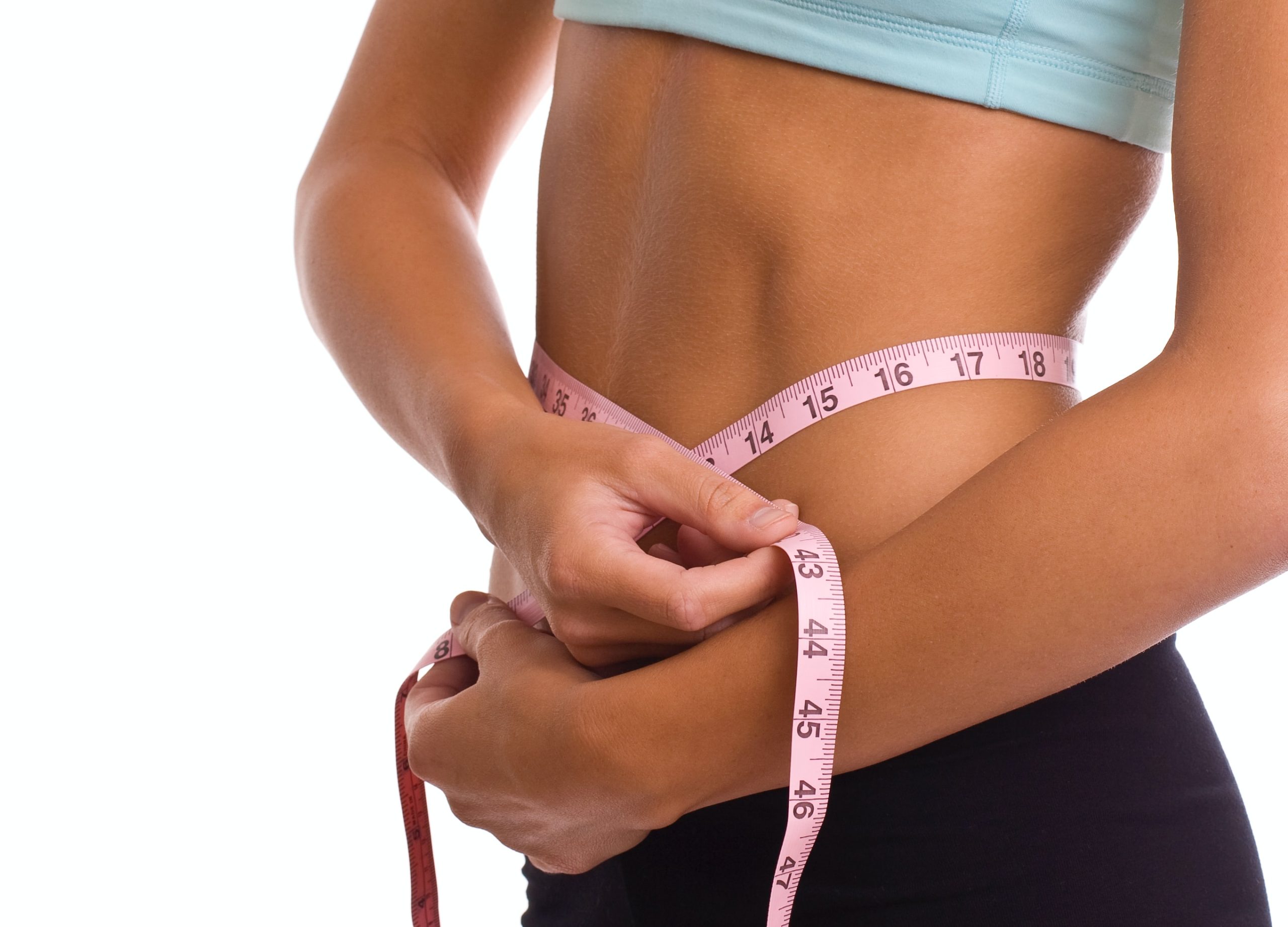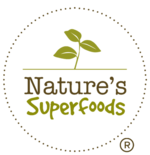-
No products in the cart.
Effective ways to lose weight featuring Moringa Powder

1. Eat Clean
A common misconception is that low carbohydrate diets are the best way to lose weight. In the media, carbohydrate is often portrayed in a bad light, and people are often told to avoid carbs. However, the truth is that there are different types of carbohydrates, and each supplements our dietary needs differently and have varying effects on our bodies.
The two forms of carbohydrates are (1) Complex Carbohydrates, which can be referred to as good carbs, and (2) Simple Carbohydrates, which can be referred to as bad carbs. The body requires you to consume complex carbs as it is a source of energy supply for the various vital organs. While many celebrities advocate the Atkins diet, in which carbohydrates are cut from the diet to lose weight, this diet is known to have serious long-term consequences for your health. Moreover, such restrictive diets are not sustainable as limitations on carbohydrate intake limits the body’s source of vitamins and minerals. This can result in micronutrient deficiencies. So, what can you do?
Enjoy a Variety of Nutritious Foods
Instead of following the new trendy diets, why not have a more balanced and sustainable dietary pattern? Such balanced eating habits can be facilitated by consuming a wide variety of nutritious and organic foods easily accessible in Singapore.
a) Wholegrain Foods
Wholegrain foods contain the three layers of the grains: endosperm, germ, and bran. Grains with these layers still intact contain more fibre, vitamins, minerals, and antioxidants. These are more nutritious compared to refined cereal foods such as white bread that lose the important nutrients that occur in the outer layer of the grain during processing. An example of a wholegrain is organic Quinoa seeds which is rich in vitamin B, magnesium, iron and various beneficial antioxidants.
Healthy breakfast cereals made of wholegrain ingredients and free from refined sugars (such as cane sugar), like our range of multigrain muesli porridge and cereals, is also a good alternative to a standard box of sugar-laden frosted flakes.
b) Vegetable
Vegetables are nutrient-dense, low in calories, and are a good source of minerals and vitamins (such as magnesium, vitamin C, and folate), dietary fibre, and a range of phytochemicals including carotenoids. The Health Promotion Board in Singapore encourages everyone to consume at least 2 servings of vegetables daily as there is strong evidence that consuming vegetables results in a reduced risk of weight gain. However, many adults, due to their hectic lifestyles, are unable to meet the recommendations. Hence, superfoods such as Nature’s Superfoods Moringa Leaf Powder are perfect for a nutritional boost and to help you through your weight loss journey. Moringa, also known as a natural multivitamin, contains more than 90 nutrients and 46 types of antioxidants. If you are looking for creative ways to introduce Moringa powder into your diet, do check out our recipes that incorporate moringa powder.
c) Fruits
Fruits are an abundant source of vitamins, minerals, and phytochemicals. Most fruits are low in calories, high in fibre and water which makes you feel fuller. This reduces the risk of overeating, which may lead to weight gain in the long run. It is known that different coloured fruits, especially orange, red, and yellow fruits, contain carotenes (Vitamin A), which is linked to boosting immune functions. Superfoods such as freeze-dried Acai powders and goji berries also offer superior nutritional value when consumed regularly.
Portion Control
Portion control is an important skill. Using a smaller plate is a great way to control the amount you consume. This ensures that you do not overeat and only consume the amount required for bodily functions and sustenance. A visual guide to portion control is the healthy plate, which shows you the portion of each food group one should consume for every meal.
Healthy Alternatives
A great way to improve your diet is to look for healthier alternatives to the current foods you consume, especially snacks. Replace processed foods and snacks filled with sugar with healthier alternatives, like Nature’s Superfoods Organic Mulberries. These snacks are not only naturally sweet, but they are also highly nutritious and do not contain any preservatives.
Drink Plenty of Water
It is known that sweetened drinks are unhealthy, as liquid calories are oftentimes redundant and can lead to weight gain. Substituting carbonated or sweetened drinks with water can have a positive impact on your diet. Drinking 2-3 litres of water, which is equivalent to approximately 8 -12 cups per day, will also help your digestive system flush out toxins and provide feelings of satiety.
2. Train Mean
Exercise is an extremely crucial factor in your weight loss journey as it is essential to burn off calories and excess body fat. It is important to be active for at least 30 minutes a day. This can include doing things that you enjoy, such as attending aerobic classes with your friends or going on a jog around the neighbourhood.
Types of exercise for weight loss:
a) Cardio
b) Weights
c) Interval Training or Strength Training
d) Sports
Many working adults often claim they do not have time for exercise due to work commitments. However, even if we are unable to put aside time for an intense workout routine, there are simple ways of staying active. Try taking the stairs instead of using the lift/escalator or standing at your desk instead of sitting all day. Most importantly, note to pace yourself as every weight loss journey takes time and patience as results do not show overnight.

